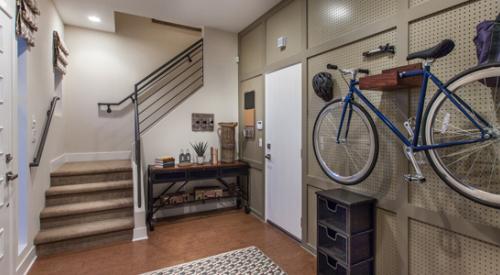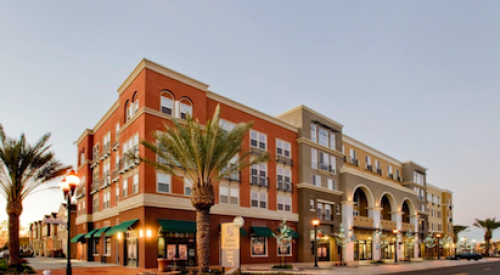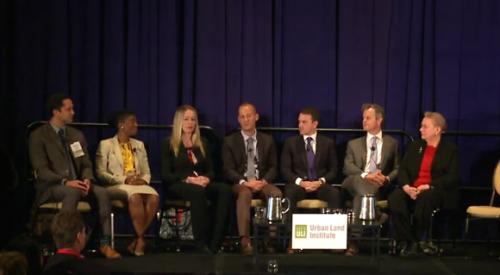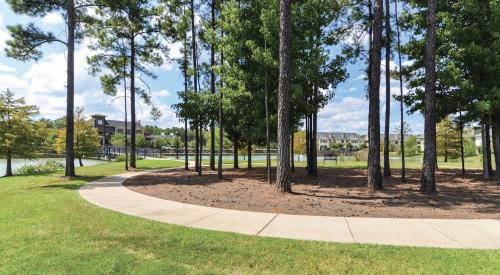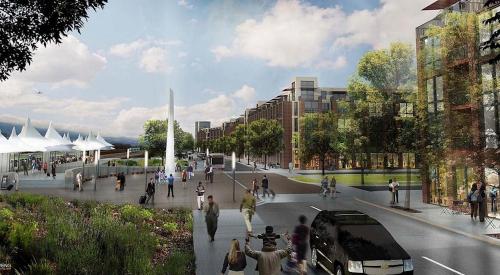In urban areas, public transit, bike- and ride-sharing services, and walking are ubiquitous and preferred forms of transportation. Combined with the prospect of future, greater density, two housing experts talk through the value of moving cities toward zero parking.
Principal David Baker and associate Brad Leibin of San Francisco firm David Baker Architects explain that costs of construction are at historic highs, particularly in dense cities, hampering developers' ability to meet demand, and if traditional parking ratios are upheld, expenses to put in parking spots will also rise--possibly $50,000 or more for a single space in structured parking areas. The number one question these experts encounter is "Will planning commissions embrace attempts to reduce or eliminate parking," to which they write in UrbanLand that for its part, the San Francisco Planning Commission has begun to come around on the topic, not requiring parking, or capping the number of spaces.
What about irate neighbors? Although some community groups still push developers to add parking, many neighborhood associations are now recognizing that car ownership is dropping ... Urban advocacy groups have played a key role in changing public opinion. Locally, these include SPUR (San Francisco Bay Area Planning and Urban Research Association), Livable City, the San Francisco Bicycle Coalition, TransForm, and the San Francisco Housing Action Coalition, among others. They have been highly active in encouraging reliance on—and infrastructure support for—walking, bicycling, and transit, and they endorse developments that deemphasize reliance on the automobile.

